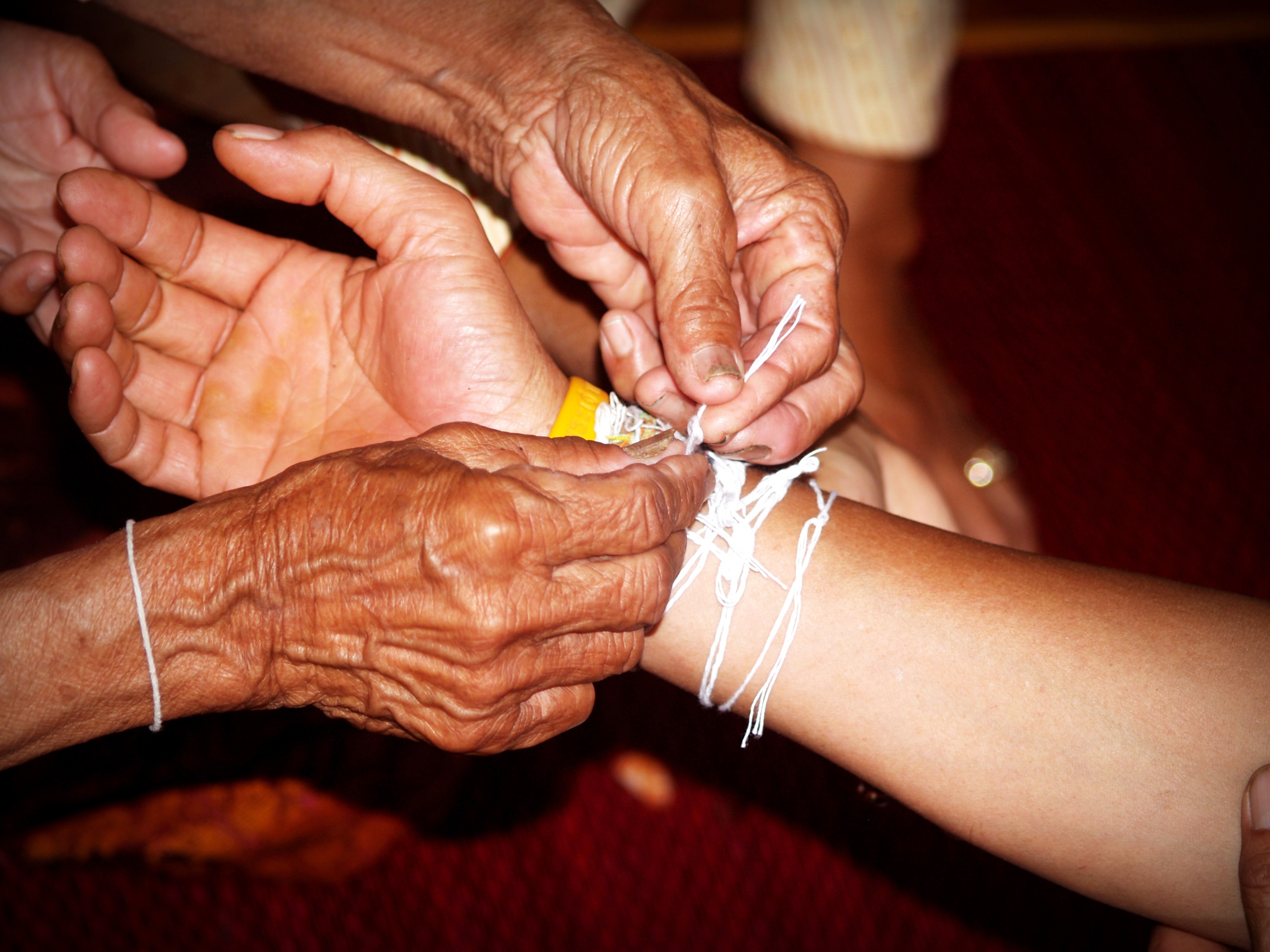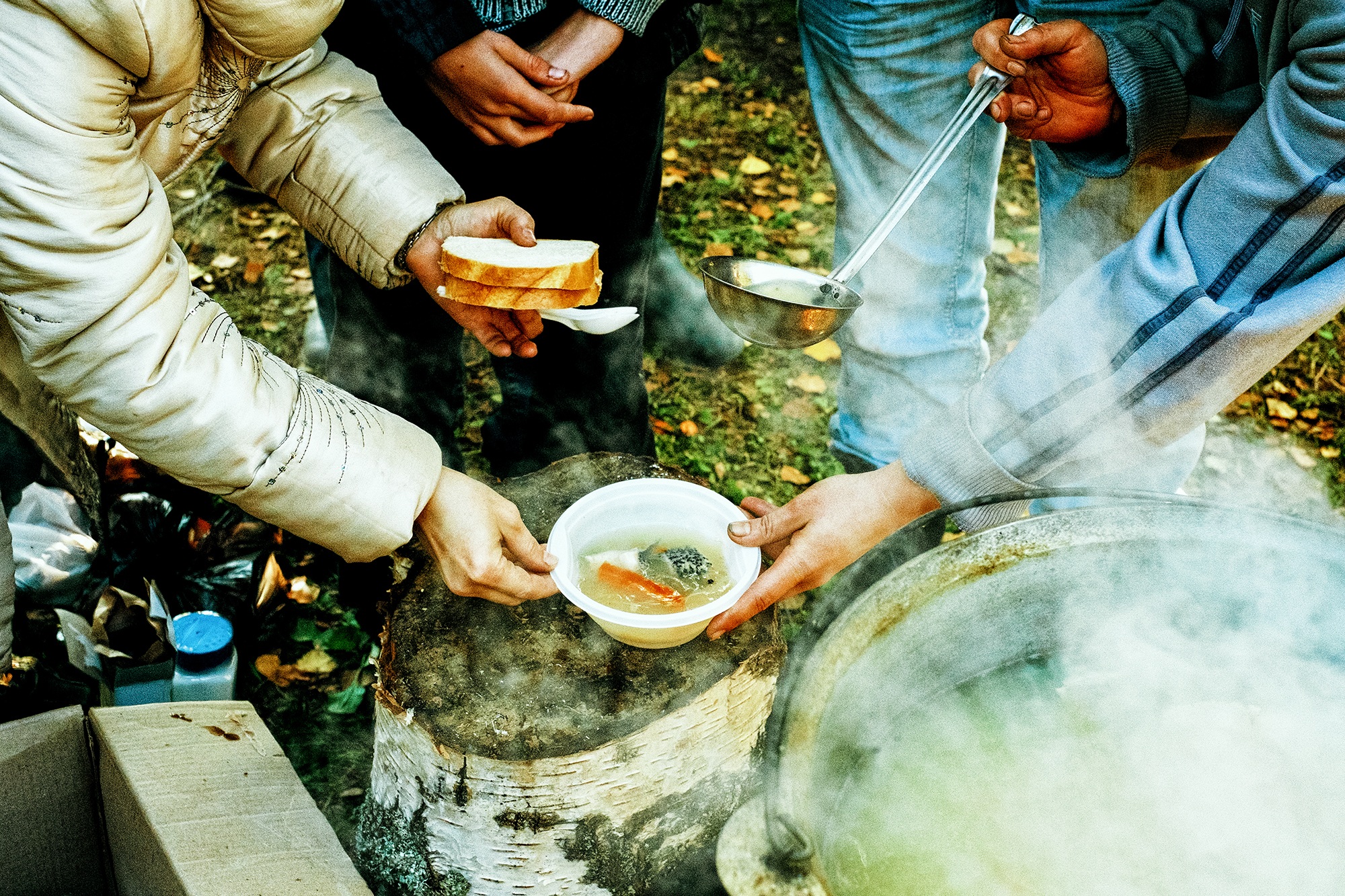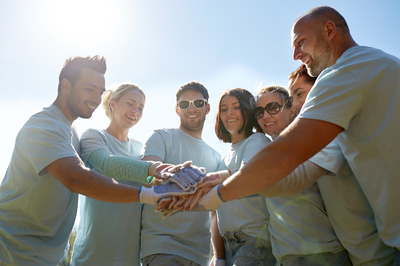
Having a support system is everything when it comes to addiction recovery.
Causes and Connections
The causes of addiction are complex and multi-factored, as are its treatments. Interwoven throughout both is an addict’s environment, along with the people who populate it. An unfortunate byproduct of addiction is a disconnection from family and friends, along with the loss of community that results from the breakdown of these relationships. Therefore, a necessary part of addiction treatment is addressing these issues in family therapy, along with any residual feelings of guilt, anger, disappointment, or distrust.
Family therapy also provides invaluable insights for loved ones into the vital role they are positioned to play in helping addicts continue to live drug-free lives.
Support System: Beyond the Treatment Facility
Once a recovering addict returns home after receiving drug rehab treatment, family and friends are on the front lines in the battle against relapse. For starters, recovering addicts may sometimes feel alone or adrift as they attempt to pick up where they left off without falling back on bad habits and the “cushion” of drugs or alcohol. Family members and friends can provide an ear to listen or a shoulder to lean on. If a loved one is experiencing a craving, for example, talking it through can help reinforce the takeaways acquired during behavioral therapy.

A simple sober camping trip may seem like not a big deal, but it is significant in the life of an addict.
In addition to helping addicts cope with cravings and providing comfort, time together can also provide something much simpler; namely, companionship. In socializing with family and friends who have demonstrated their unconditional support, addicts feel both loved and less alone. Going to lunch or a movie may feel like a normal day to most people, but for an addict, it can be a powerful lifeline.
Providing healthy company also lessens the chance that addicts will turn elsewhere—specifically, to their former communities of fellow addicts—in a misdirected quest to have these needs met.
Building Healthy Communities
Speaking of former communities, family members and friends can also help recovering loved ones explore and develop new connections, which are the building blocks to new, healthier communities. Encouraging recovering addicts to explore new communities founded on activities, hobbies, and beliefs that don’t revolve around drugs—such as joining a civic group or church, taking a class, or volunteering—are great ways to help them expand and fortify their networks.

Spending time with like-minded sober communities help recovering addicts build strength and confidence.
Vital to the efforts of all members of a recovering addict’s support system is the understanding that using around an addict enables relapse, not recovery. Even if you think you are in control or that your loved one can withstand the temptation, refraining from using while in their company underscores your commitment to supporting their sobriety. This, in turn, heightens a recovering addict’s own sense of accountability.
If an addict does relapse, the support of loved ones may mean the difference between processing the situation and moving forward or backsliding even further.
One last thing to keep in mind is that the line between good intentions and enabling behaviors can often become blurred. While it is not your job to keep loved ones sober, it is possible and extremely beneficial for you to be there for them in a way that best facilitates their chances of lifelong recovery.
We’re Here to Help
To learn more about how you can help a loved one overcome addictions in order to live the best life possible, contact us at Harris House today.







